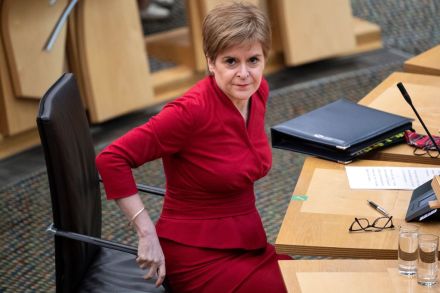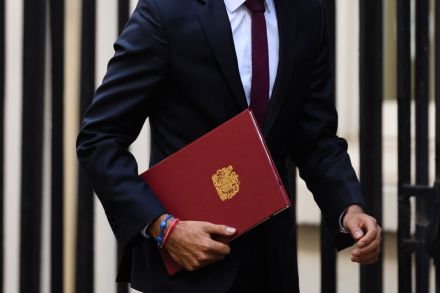Nicola Sturgeon’s pandemic politics
Nicola Sturgeon had some choice words to say about Brexit last month. Speaking at one of Scotland’s daily coronavirus briefings, the First Minister said she was ‘deeply frustrated and depressed’ about the prospect of no deal in the new year, and suggested that to talk about Brexit in the middle of a pandemic was not only dangerous, but deeply irresponsible. The country doesn’t need ‘another big thing to be dealing with’ when the focus should be on coronavirus, the First Minister lamented. So you can imagine Mr Steerpike’s surprise when Sturgeon appeared to embark on her own political pet project yesterday. In an interview with the BBC, the First Minister





















